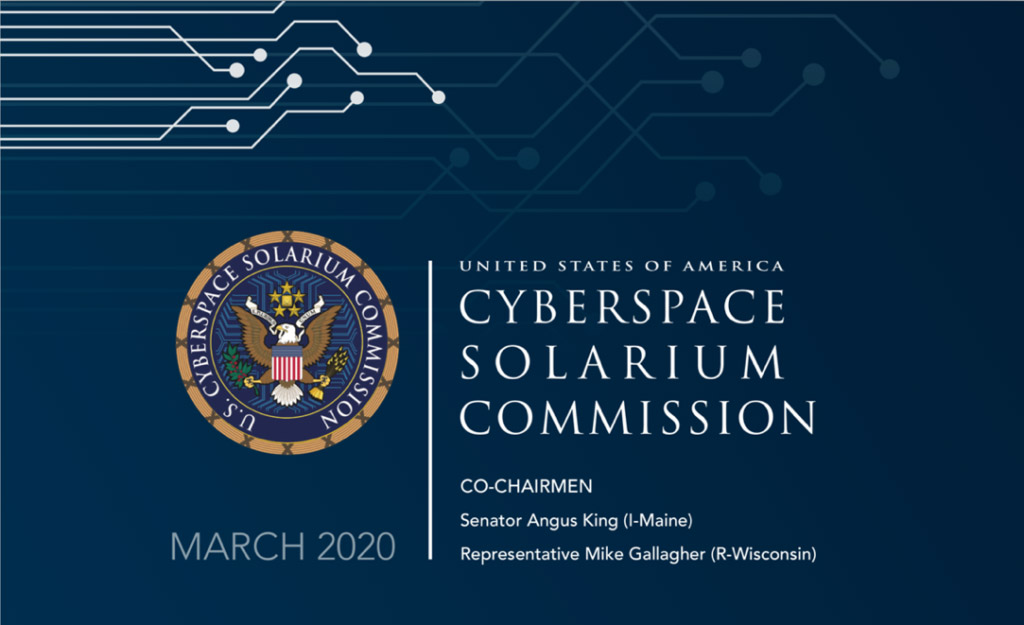How Bayer Streamlined SBOM Compliance and Cybersecurity with Vigilant Ops
Bayer is a global enterprise with core competencies in healthcare and agriculture. Their commitment to innovation and sustainability drives them to develop cutting-edge solutions that address some of the world’s most pressing challenges.
As a leader in the life sciences industry, Bayer prioritizes transparency, security, and compliance to maintain trust with stakeholders and meet evolving regulatory ...

